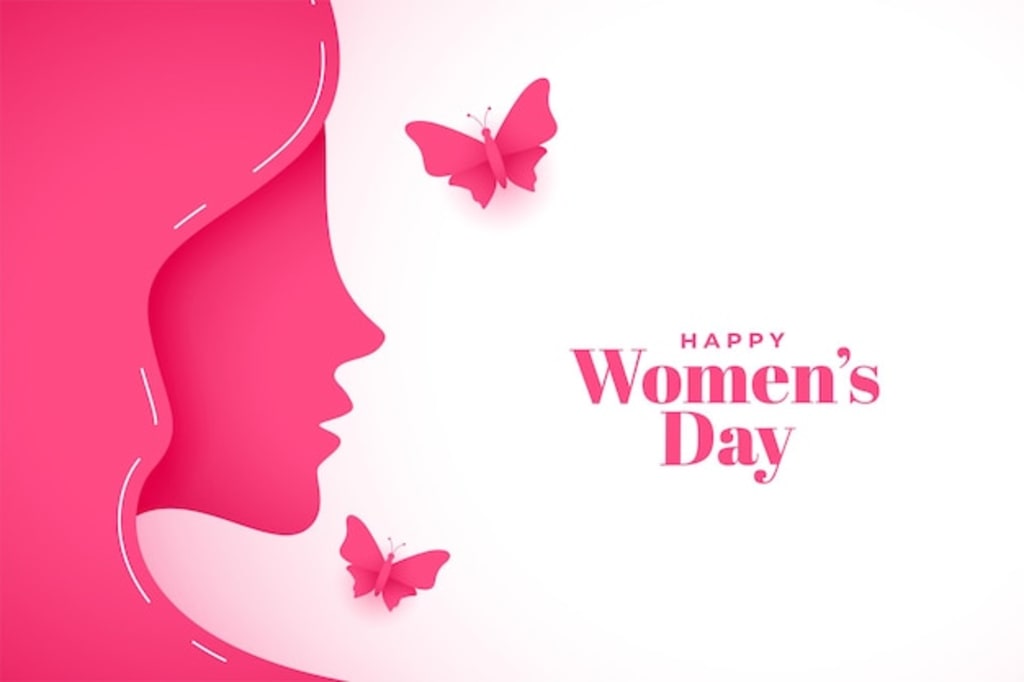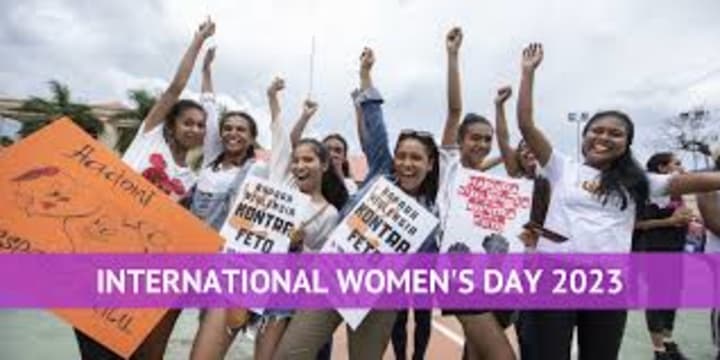Screat Behind Women Day Celebration
The history and evolution of International Women’s Day Celebrating women’s achievements and advocating for gender equality The ongoing struggle for women’s rights around the world Women’s Day: A platform for activism and social change Recognizing the intersectional nature of women’s struggles and experiences The role of men and allies in supporting women’s rights and empowerment.

International Women’s Day is celebrated every year on March 8th to honor the social, economic, cultural, and political achievements of women. The day has its roots in the early 20th century, where women in North America and Europe began to advocate for their rights, including the right to vote, the right to education and equal pay, and the right to work in jobs traditionally held by men.
The first National Women's Day was celebrated in the United States on February 28th, 1909, to commemorate a strike by garment workers in New York, who were demanding better working conditions and pay. The idea for an international Women’s Day was proposed at an International Women's Conference held in Copenhagen in 1910, by Clara Zetkin, a German socialist and feminist. The proposal was unanimously approved by over 100 women from 17 countries, who agreed that the day should be recognized as a global day of celebration and protest.
The first International Women’s Day was celebrated on March 19th, 1911, in Austria, Denmark, Germany, and Switzerland, with more than one million women and men attending rallies and demonstrations calling for women's rights and suffrage. The day was later moved to March 8th, and since then, it has been celebrated annually in different countries around the world.
During World War I, International Women's Day became a pivotal day for protesting against the war and campaigning for peace. Women in Russia used the day to launch a strike for "bread and peace," which led to the overthrow of the Russian monarchy and the establishment of a socialist government.
In the following years, International Women's Day continued to be a platform for women to advocate for their rights, with various themes being highlighted each year, including equal pay, reproductive rights, and gender-based violence.
Today, International Women’s Day is celebrated in more than 100 countries worldwide and is an opportunity to celebrate the progress made towards gender equality, as well as to acknowledge the challenges that still exist. It is a day to honor the women who have fought for women's rights and to continue the struggle towards achieving gender parity and creating a world where women are treated with dignity and respect
Women's rights are the rights and entitlements that are granted to women and girls, ensuring that they are treated equally to men in society. These rights include:
Right to equality: Women have the right to be treated equally to men in all aspects of life, including the workplace, education, and the legal system.
Right to education: Women have the right to access education at all levels, without any discrimination or bias.
Right to health: Women have the right to access health care services, including reproductive health services, without discrimination or coercion.
Right to freedom from violence: Women have the right to be protected from all forms of violence, including domestic violence, sexual harassment, and human trafficking.
Right to political participation: Women have the right to participate in political processes, including voting, running for office, and holding public office.
Right to work: Women have the right to work and to equal pay for equal work.
Right to own property: Women have the right to own and inherit property, including land, without discrimination.
Right to marry and start a family: Women have the right to marry and start a family, without coercion or discrimination.
These rights are enshrined in various international human rights treaties and conventions, including the Convention on the Elimination of All Forms of Discrimination Against Women (CEDAW), which was adopted by the United Nations in 1979. While significant progress has been made in advancing women's rights globally, there are still many challenges and obstacles that need to be overcome to ensure that women and girls can fully enjoy their rights and participate fully in society






Comments
There are no comments for this story
Be the first to respond and start the conversation.